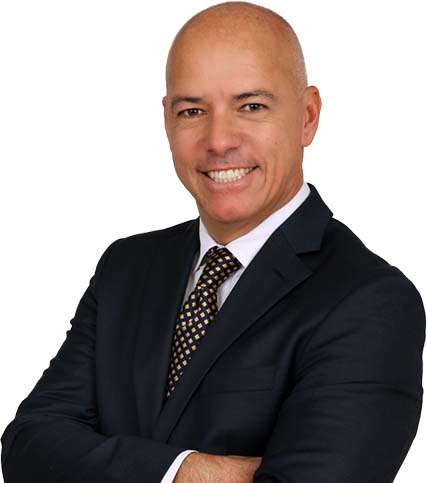Global Wealth Report: Analysis and insights
The Global Wealth Report published by the Boston Consulting Group (BCG) impressively shows the extent to which wealth in Germany and worldwide is concentrated in the hands of a few. This wealth distribution and its implications for property investors and the general economic landscape are an interesting starting point for well-founded developments in the property market.
Key figures and distributions
In Germany, around 3,300 people, known as the super-rich, own more than USD 100 million in financial assets. This group holds an impressive 23 per cent of total financial assets in the country, a share that has increased by one percentage point compared to the previous year. At the same time, there are around 555,000 dollar millionaires, a figure that has risen by 30,000 in the last year. On the other hand, there are 66.5 million Germans who own less than 250,000 dollars in financial assets and together hold 42 per cent of the country's total financial assets.
Asset types and market dynamics
In the report, the BCG distinguishes between financial assets (such as cash, shares and investment funds) and tangible assets (such as property and precious metals). While financial assets in Germany increased by five per cent last year, tangible assets fell by 2.3 per cent. The main reasons for this decline were in particular falling prices on the property market, a segment of considerable importance in Germany. At USD 12.3 trillion, more than half of the total assets of USD 19.2 trillion were invested in tangible assets in 2023.
Increases in wealth and the Pareto principle
One notable trend is that the rich are getting richer. The super-rich have seen an average increase in wealth of ten per cent, while people with assets of between one and five million euros have seen an increase of around five per cent. People with less than 250,000 dollars in financial assets only achieved an increase of 1.5 per cent, which is below the rate of inflation. This phenomenon follows the Pareto principle, which states that 80 per cent of wealth growth is attributable to 20 per cent of the population. This principle is particularly visible in the distribution of wealth and explains why the super-rich are continuously increasing their wealth.
The co-author of the report, Akin Soysal, explains that very wealthy investors have a higher proportion of their assets invested in the capital market and in high-return asset classes such as private equity. These investors benefit from above-average returns, while people with lower wealth mainly invest in lower-risk assets such as bank deposits and insurance policies, which offer lower returns.
International perspectives
Globally, the USA has the highest number of super-rich people (26,000), followed by China (8,300) and Germany (3,300). The USA also leads the ranking of financial assets with USD 119 trillion, followed by China with USD 33 trillion and Japan with USD 15 trillion. Overall, global net assets increased by four per cent to USD 477 trillion last year. Financial assets grew by seven per cent to USD 275 trillion, while real assets increased by two per cent to USD 262 trillion.



Conclusion for property investors
For property investors, this means that despite the recent declines in property values, real assets will remain a stable and value-enhancing form of investment in the long term. The high concentration of wealth in the hands of a few and the widening gap between rich and poor emphasises the importance of investing in high-yielding and stable asset classes. Particularly in times of economic uncertainty, property offers tangible security. However, the dynamics of the property market in Germany and worldwide require precise market analysis and strategic investment decisions in order to benefit from the long-term advantages of tangible assets.
Sincerely,
Matthias Holzmann


